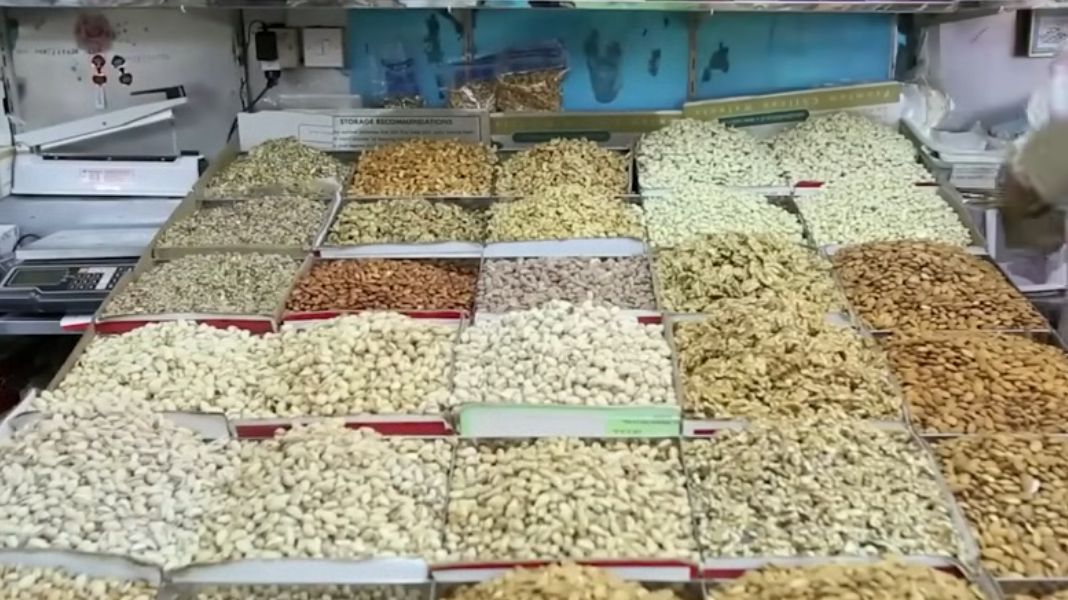A thousand years ago, spices were not just something to make food tastier; they were symbols of power, wealth, and even social status. While today people flaunt supercars or mansions, in medieval Europe, laying out a feast with black peppered beef or cinnamon-dusted pastries was a way to showcase one's affluence.
But when did spices become so alluring?
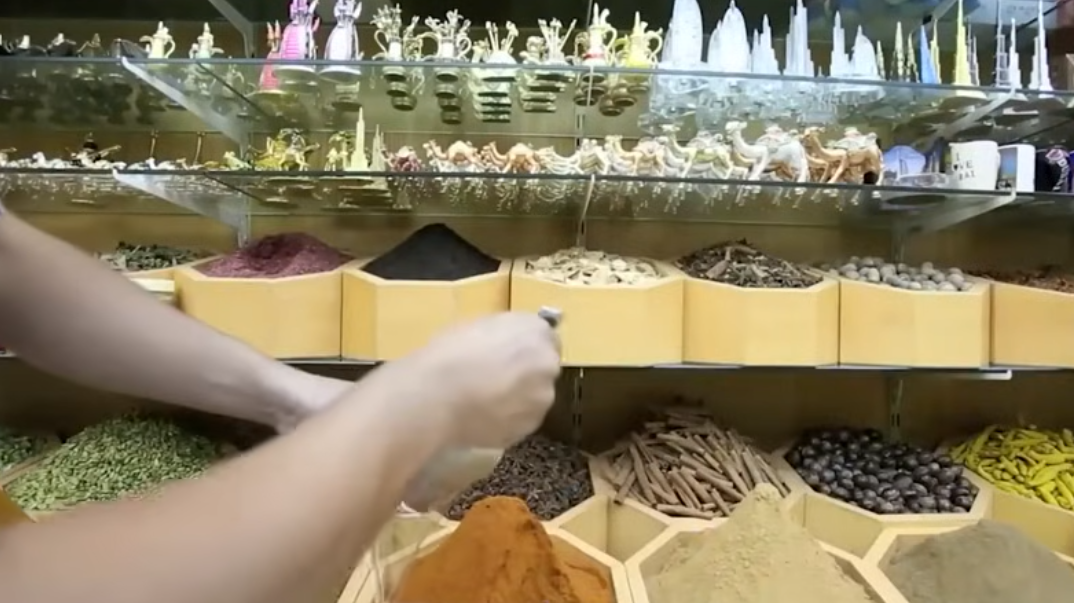
Spices are alluring because they are rare. Most delicious spices like pepper, cinnamon, cloves, and nutmeg cannot be grown in Europe; they do not grow in Europe, where the nobility went crazy for them. They come from distant lands like India, Indonesia, Sri Lanka, or the Middle East. To obtain spices, one had to travel thousands of kilometers, across scorching deserts, stormy seas, facing pirates, wild beasts, and even middlemen who marked up prices a hundredfold. In general, to have a pinch of pepper on the dining table, people had to pay with sweat, tears, and sometimes even blood. And back then, food preservation technology was rudimentary; there were no refrigerators or vacuum sealers.
Spices like salt, pepper, or ginger were not only delicious but also preserved food and prevented meat from spoiling. Even when food began to smell, people had to use spices to mask the odor to make the dish still edible. Moreover, spices were also considered medicinal. Ancient people believed that pepper helped treat stomach aches, cinnamon improved circulation, and cloves cured toothaches. Although science later proved that not all of these beliefs were correct, that belief made spices increasingly valuable. Even in some religious rituals, spices like cinnamon or other spices were offered to deities because their fragrance was considered the scent of the divine.
When it comes to spices more valuable than gold, one cannot forget salt, which is now as cheap as dirt. But a few thousand years ago, it was a national treasure, the white gold of humanity. Salt was so important that it was not just a spice but also the foundation of civilizations.
Why was salt so valuable?
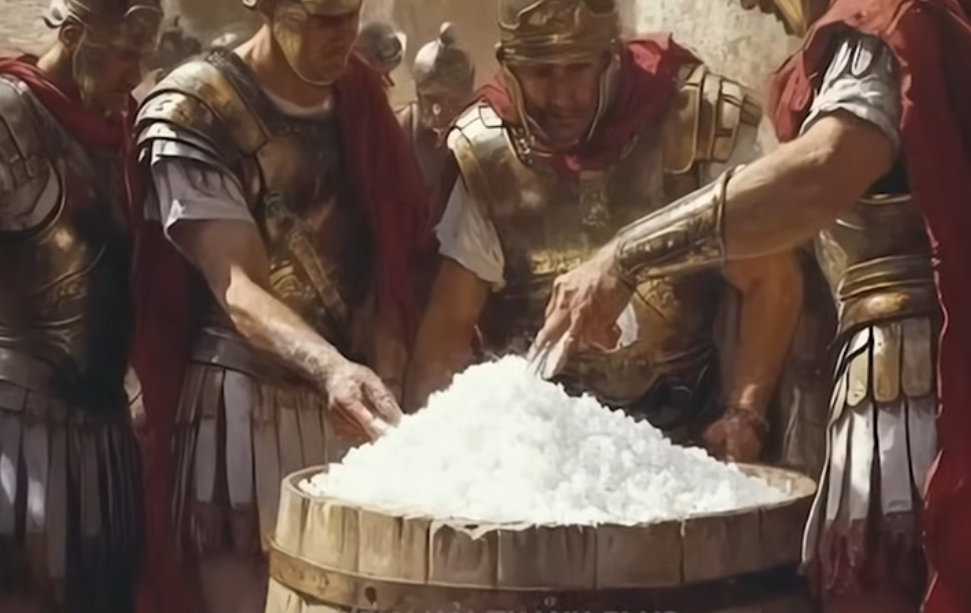
Simply put, without salt, humans could not survive. Salt is essential for maintaining fluid balance in the body, and it was the only way to preserve food in times without modern technology. To keep meat, fish, and vegetables through the long winter, only salt could do it. A society without salt is a starving society. In ancient Rome, salt was so precious that soldiers were paid with it. From there, the term "salary" originated from "salt" in Latin. There were even roads built solely for transporting salt called via Salaria, or the salt road.
In Africa, solid salt blocks were used as currency, exchanged for gold, ivory, or slaves. In China, the salt tax was an important source of revenue for the government, and at one point, the price of salt was higher than that of gold. Salt was not always easy to obtain. In coastal areas, people could distill salt from seawater. But in remote areas, salt had to be mined or extracted from underground water, a process that was incredibly labor-intensive. Salt mines like those in Poland or Austria became real treasures, strictly protected like national treasures.
Some salt mines even have chapels carved from salt deep underground, beautiful like a wonder. An interesting story about salt comes from Venice, Italy. This city became wealthy from the salt trade to the extent that they built a palace with money from salt. But also because of salt, Venice fought many times with other city-states to gain control of salt mines. Even in the 14th century, when the salt supply was disrupted, the price of salt in Europe skyrocketed, causing inflation and social unrest. In general, salt was not just a spice; it was a factor that changed history.
If salt is white gold, then pepper is black gold.
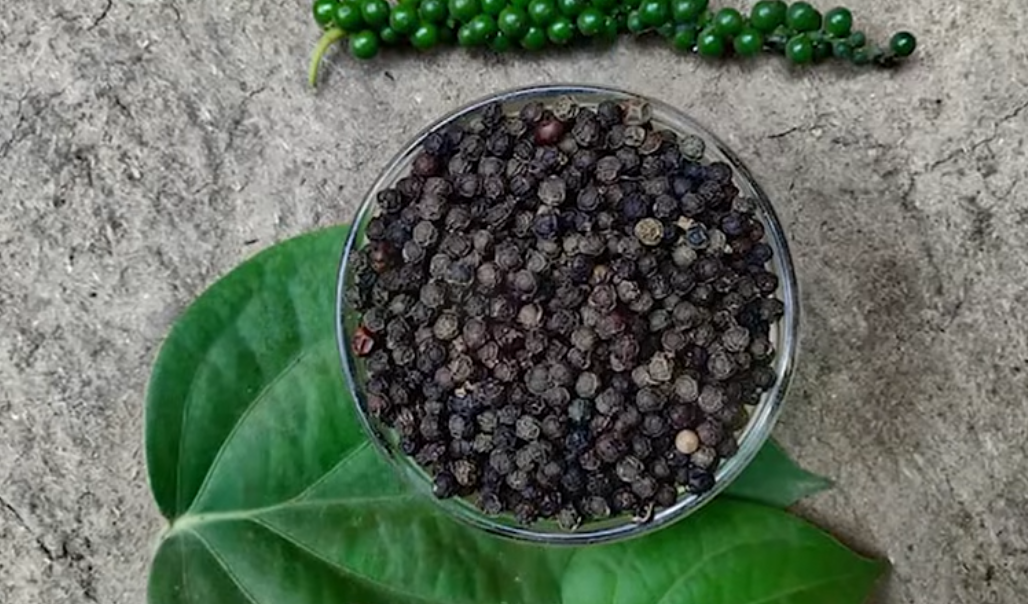
In the Middle Ages, black pepper was so expensive that people used it to pay rent, as dowries, and even counted each grain like counting coins. A small bag of black pepper could buy an entire cow, and in some places, it was priced similarly to gold. Black pepper had a special allure because it was versatile. Not only was it delicious, but pepper was also considered a medicinal herb. People at that time believed that pepper helped treat stomach aches, improved digestion, and even increased male potency.
Furthermore, pepper was easy to preserve, easy to transport, and could be used in all dishes, from soups and grilled meats to pastries. In general, pepper is the king of spices. And in the fifth century, when the Visigoths under Alaric attacked and besieged Rome, to secure peace, Rome had to pay a huge ransom that included gold, silver, silk, and an estimated hundreds of pounds of pepper. Black pepper was not just a spice; it was a strategic asset on par with gold and silver.
Besides salt and pepper, there are other spices that are as valuable as gold, such as cinnamon, cloves, and nutmeg.
These were not only expensive due to their rarity but also tied to mythical stories that inflated their value. Back then, Europeans did not know exactly where spices came from. Arab merchants, who controlled the spice trade routes, often told outrageous stories to increase their value. They claimed that cinnamon was harvested from the nests of giant birds on cliffs, which could only be collected by luring the birds to bring the cinnamon back, or that cloves only grew on guarded islands, and the harvesters had to risk their lives. These stories sounded exaggerated but made spices mysterious and drove the nobility wild.
Cinnamon was once a symbol of luxury.
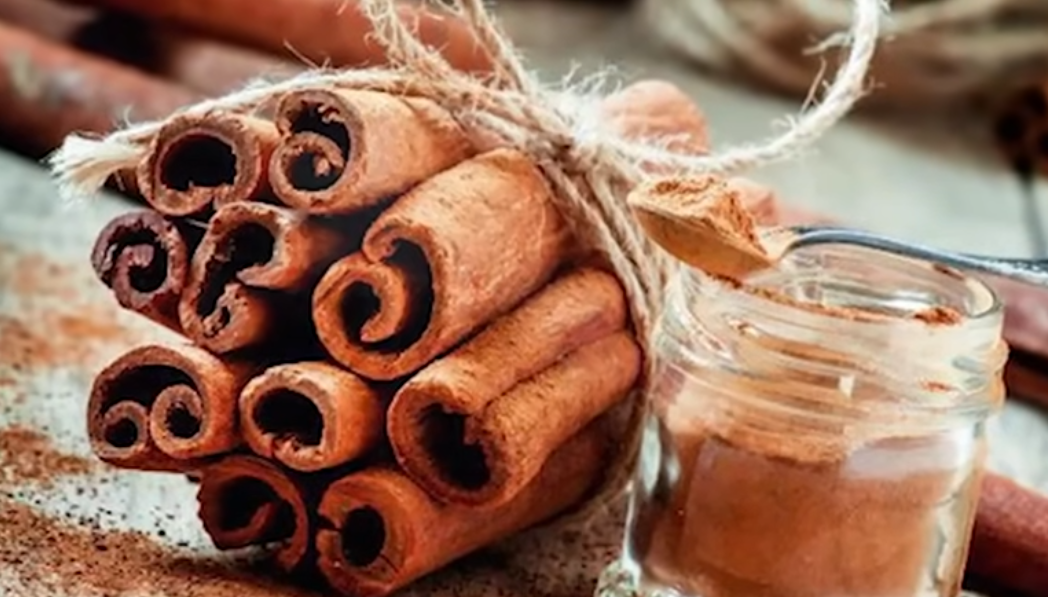
In ancient Egypt, cinnamon was used to embalm bodies because its fragrance was considered divine, connecting to the afterlife. In Europe, cinnamon was so expensive that only kings dared to use it. A small stick of cinnamon could be exchanged for a fine horse. There is even a legend that a queen once gifted King Solomon tons of cinnamon to showcase her wealth. Cloves and nutmeg were even more expensive because they only grew on a few small islands in Indonesia, known as the Spice Islands.
Cloves, with their strong aroma and antiseptic properties, were used to treat toothaches, make perfumes, and even ward off evil spirits. Nutmeg was considered a panacea, with the belief that it could cure the plague, although that was not the case. Due to limited supply, their prices skyrocketed, and in the 16th century, a pound of nutmeg in Europe could buy an entire house. The crazy story is that in the mid-17th century, the Dutch traded Manhattan, now the center of New York, for a tiny island in Indonesia that grew nutmeg.
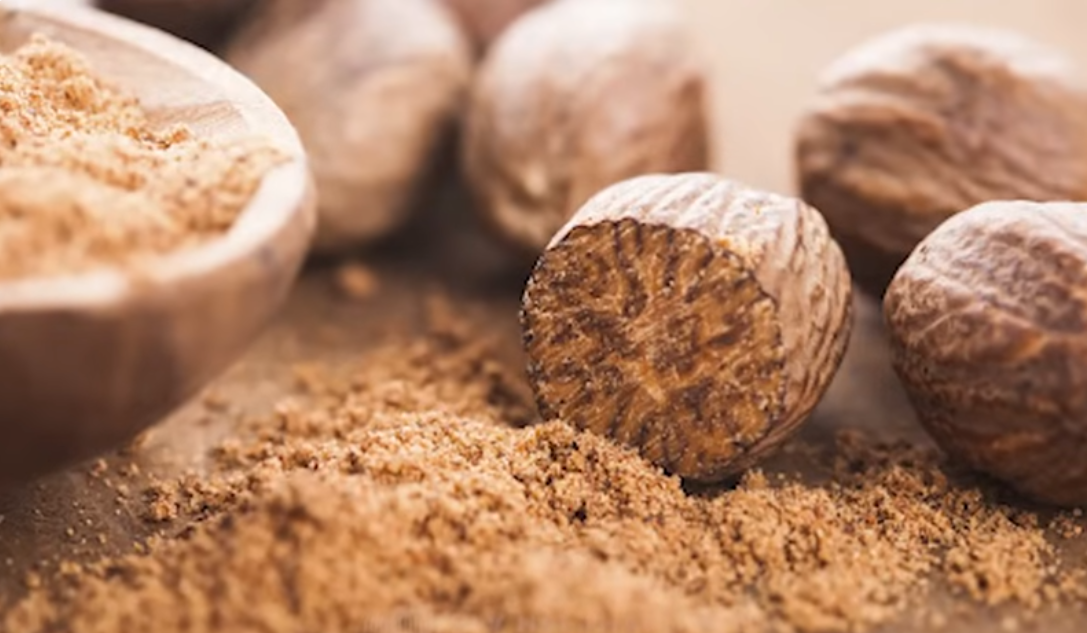
At that time, the Dutch thought they were making a profit because nutmeg was worth much more than a piece of barren land in faraway America. Little did they know that a few hundred years later, Manhattan would become the financial center of the world. Indeed, history has unexpected twists. Spices were so valuable that a route called the spice route emerged. The journey of bringing spices from the East to the West. This was not just a trade route but also a path of ambition, war, and exploration. It was like the oil route today. Back then, spices traveled through two main routes: the maritime Silk Road and the overland Silk Road. Both were deadly dangerous.
On land, merchants had to cross deserts and the Himalayas, facing robbers, wild beasts, and harsh weather. At sea, they had to battle storms, pirates, and vitamin C deficiency. Many lost their lives, but the rewards were worth it. A successful spice shipment could turn an ordinary merchant into a millionaire overnight. But the spice route was also paved with blood and tears.
Arab merchants, Venetians, and later the Portuguese, Dutch, and English fought for control of trade routes. They built fortresses, seized islands, and even massacred indigenous people to monopolize spices. In the 17th century, the Dutch nearly wiped out the entire population of Banda Island to control nutmeg. This madness for spices led to the age of exploration. Christopher Columbus, when crossing the Atlantic in 1492, was not necessarily looking for America.
He wanted to find a new sea route to India to buy spices cheaper, breaking the monopoly of the Arabs and Venetians. Although Columbus did not find spices, he opened a new era. Similarly, Vasco da Gama, Ferdinand Magellan, and many other explorers were also driven by the thirst for spices. This shows that spices were not just a commodity; they were a driving force to change the world.
Spices were not just goods but also the cause of wars.
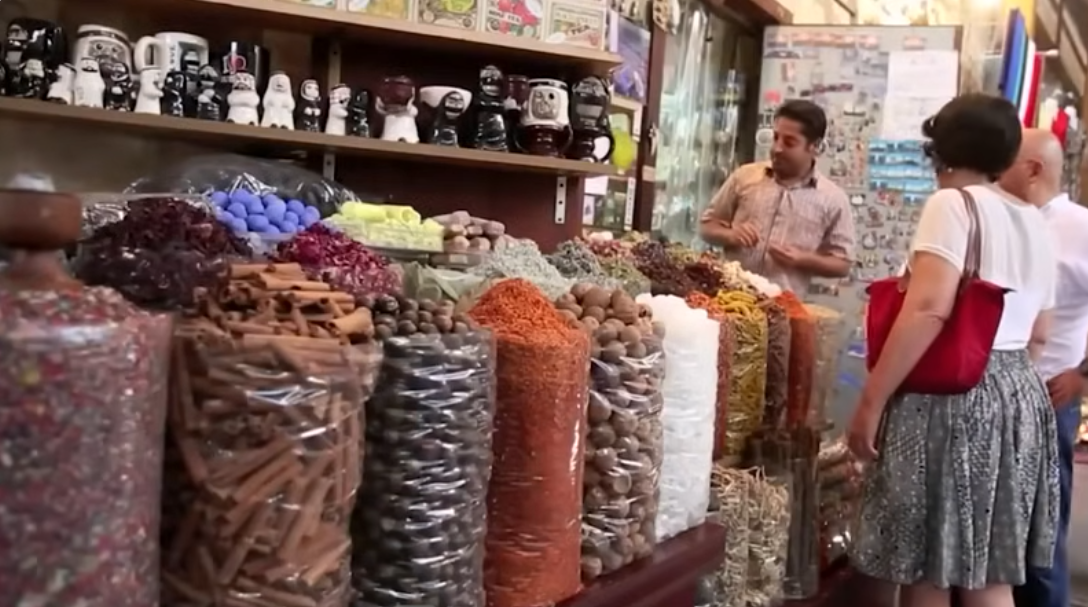
A prime example is the Dutch-Portuguese spice war in the 1617 century. These two countries fought fiercely to control the islands that grew cloves and nutmeg in Indonesia. The Dutch ultimately won, but at the cost of thousands of lives, dozens of ships, and the devastation of many islands. They established the Dutch East India Company, the first company in the world to have shares, and used it to monopolize the spice trade.
The company was so powerful that it had its own army, warships, and the right to declare war on anyone who dared to oppose it. Spices also influenced politics in 18th century France, where high salt taxes led to public uprisings, contributing to the French Revolution. In India, Gandhi led the Salt March in 1930 to protest the British salt tax. In general, spices were not just a joy on the dining table; they were a factor that shook the world. Spices were once gold, but now they are no longer gold. They have become commonplace. There are several reasons that have made spices a common commodity. When Europeans occupied spice-growing lands in India, Indonesia, or Sri Lanka, they began to cultivate them.
Pepper, cinnamon, and clove plantations sprang up everywhere, causing supply to surge. When they became less rare, or now with modern ships, better compasses, and more accurate maps, safer sea routes, transportation costs for spices dropped significantly, leading to lower spice prices, especially when refrigerators, vacuum sealers, and modern preservation methods emerged. The role of spices in food preservation diminished. People no longer needed salt or pepper to keep meat through the winter. Demand also changed. The nobility gradually shifted to seeking other things like sugar, coffee, tea, and chocolate.
Spices nearly lost their symbolic status. As global trade developed, spices were no longer the exclusive goods of a few countries. Any country could grow pepper or cinnamon in their backyard. By the 19th century, spices became something that anyone could buy, but their legacy remained. Wealthy cities like Venice, Amsterdam, and Lisbon were born thanks to spices. Giant companies like the Dutch East India Company also started from the spice craze. Even the world map as we know it today, with America and maritime routes, was drawn thanks to spice expeditions.
